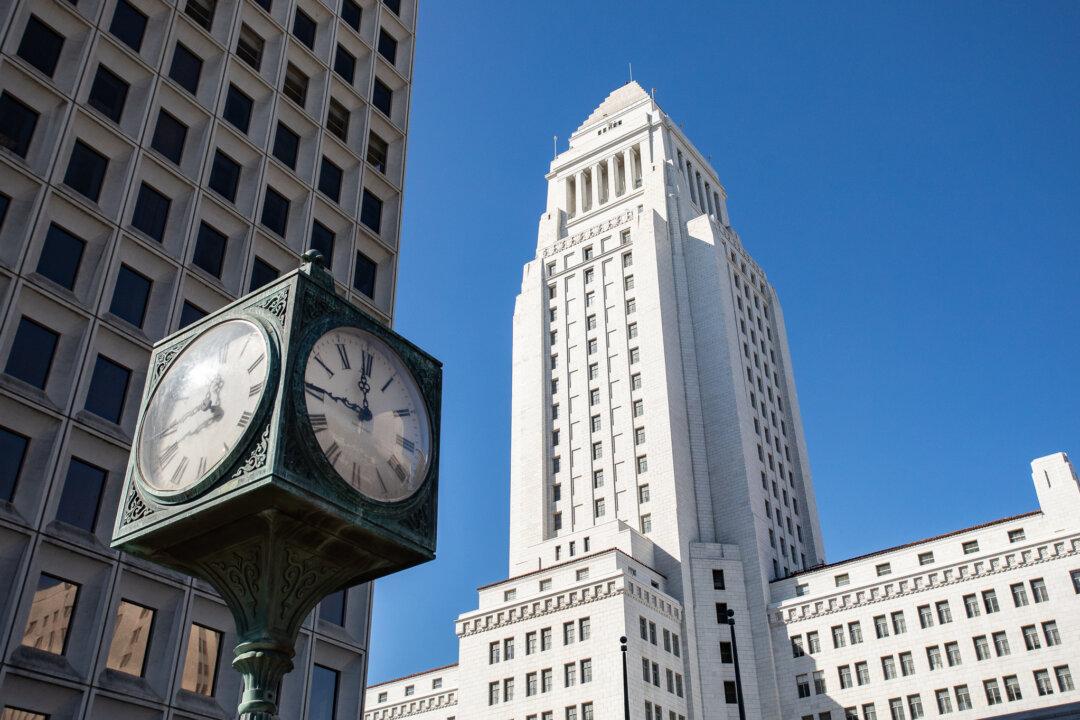The Los Angeles City Council Aug. 29 approved guidelines and an expenditure plan for money raised by the Measure ULA “mansion tax,” with the plan aimed at funding tenant protections and increasing affordable housing.
The council voted 10–0 to approve Mayor Karen Bass’s proposed funding plan, which increases the amount earmarked for tenant protection measures. In a statement, Bass said the council approval comes at a “critical time” when tenants across the city are facing eviction.





